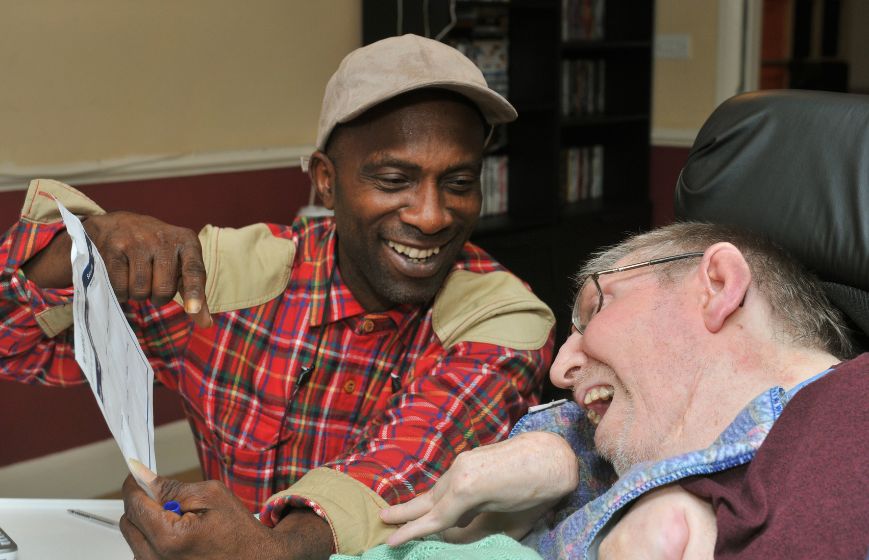
Transforming Health & Safety: Lifeways Group's PBS Journey with Radar Healthcare
How Lifeways Group are Transforming Health and Safety with Positive Behaviour Support (PBS) with the help of Radar Healthcare
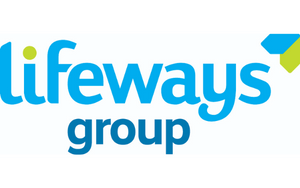 In the realm of health and safety, particularly concerning individuals with learning disabilities and autism, Positive Behaviour Support (PBS) stands out as a holistic framework aimed at fostering long-term assistance and minimising challenging behaviours. Lifeways Group, the UK’s largest supported living specialist, has embarked on a transformative journey, leveraging PBS alongside cutting-edge technology provided by Radar Healthcare.
In the realm of health and safety, particularly concerning individuals with learning disabilities and autism, Positive Behaviour Support (PBS) stands out as a holistic framework aimed at fostering long-term assistance and minimising challenging behaviours. Lifeways Group, the UK’s largest supported living specialist, has embarked on a transformative journey, leveraging PBS alongside cutting-edge technology provided by Radar Healthcare.
Through meticulous data analysis and a commitment to person-centered care, Lifeways has achieved remarkable results in enhancing safety and well-being. This was highlighted at the Safety & Health Excellence (SHE) Awards 2024 where the Health and Safety Team and Positive Behaviour Support (PBS) teams were together awarded for the Best Use of Health & Safety Data to Lower Incident Rates.
In their blog the teams highlight that, “Developing a deeper understanding of incidents, the teams were able to pinpoint triggers, recognise early warning signs, and develop targeted Positive Behaviour Support plans tailored to the needs of individuals. This data-driven approach soon saw results. Since 2021, their focused interventions resulted in a Lifeways-wide reduction of over 48% in physical assault events and a 65% decrease in accidents and incidents that are notifiable to insurers.”
Jo Lourmpa, Lifeways’ Group Lead Specialist Support Manager, provides a comprehensive overview of their transformative approach, journey, and successes. Specifically, she delves into the role of PBS and Radar Healthcare in helping to shape their strategy…
Q: What is Positive Behaviour Support (PBS)?
A: PBS is a holistic framework aimed at providing long-term assistance to individuals with learning disabilities and/or autism who exhibit, or are at risk of developing, challenging behaviours. These behaviours pose a risk not only to the individuals themselves but also to those around them. PBS focuses on understanding the reasons behind these behaviours to develop effective, person-centered strategies that enhance the individual’s quality of life and reduce risks.
Q: How did Lifeways successfully implement PBS?
A: Lifeways employed a data-driven approach, utilising information from our electronic compliance system, Radar Healthcare. We focused on the meticulous collection and analysis of behavioural data, including the antecedents, frequency, duration, severity, location, and timing of incidents. This comprehensive understanding allowed us to pinpoint triggers, recognise early warning signs, and develop targeted PBS plans tailored to everyone’s needs. In 2023 alone, our Specialist Support Team managed to successfully discharge 162 referrals with customised PBS plans.
Q: Can you elaborate on the outcomes of implementing these PBS plans?
A: Certainly! The implementation of these PBS plans, driven by our strategic and analytical efforts, led to a substantial decrease in incident rates and notably enhanced the safety and well-being of both the individuals we support and our colleagues. Our focused interventions resulted in a Group-wide reduction of over 48% in physical assault events and a 65% decrease in accidents and incidents that are notifiable to insurers. These improvements signify not just the efficiency of our plans but also our dedication to creating safer and more positive environments for everyone involved.
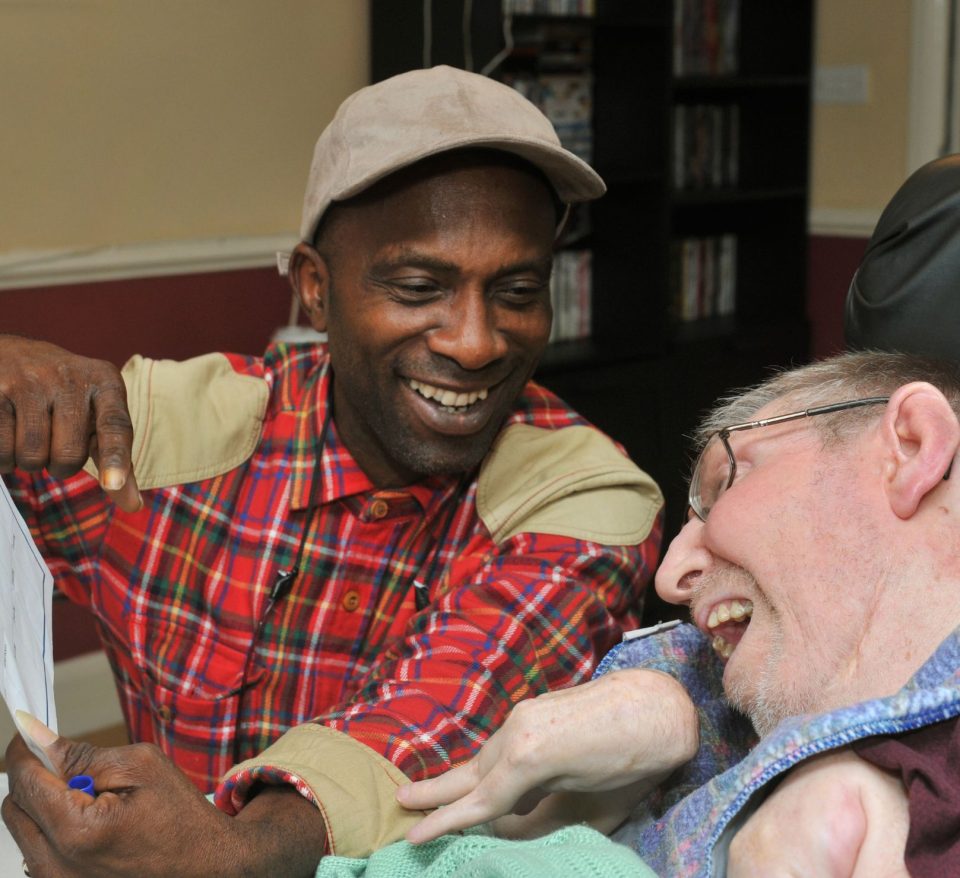
Q: How does technology, particularly Radar Healthcare, contribute to your success?
A: Radar Healthcare has been instrumental in our success. It provides real-time data analysis, allowing us to identify patterns, assess the effectiveness of interventions, and make necessary adjustments swiftly. This proactive stance in health and safety management ensures that our strategies remain effective and responsive to the evolving needs of the individuals we support. Radar Healthcare’s capabilities also enable us to track the progress of risk assessment action plans and monitor the effectiveness of Positive Behaviour Plans.
Q: What measures have been taken to reduce restrictive practices?
A: Through the detailed analysis of aggression and incident data, as well as conducting Restraint Reduction Network (RRN) Restrictive Practice Audits, we’ve made significant strides in reducing restrictive practices. For instance, we successfully removed 80% of restrictive physical interventions and ensured that 82% of all physical interventions are non-restrictive, highlighting our commitment to promoting dignity, respect, and compliance with ethical standards and regulations.
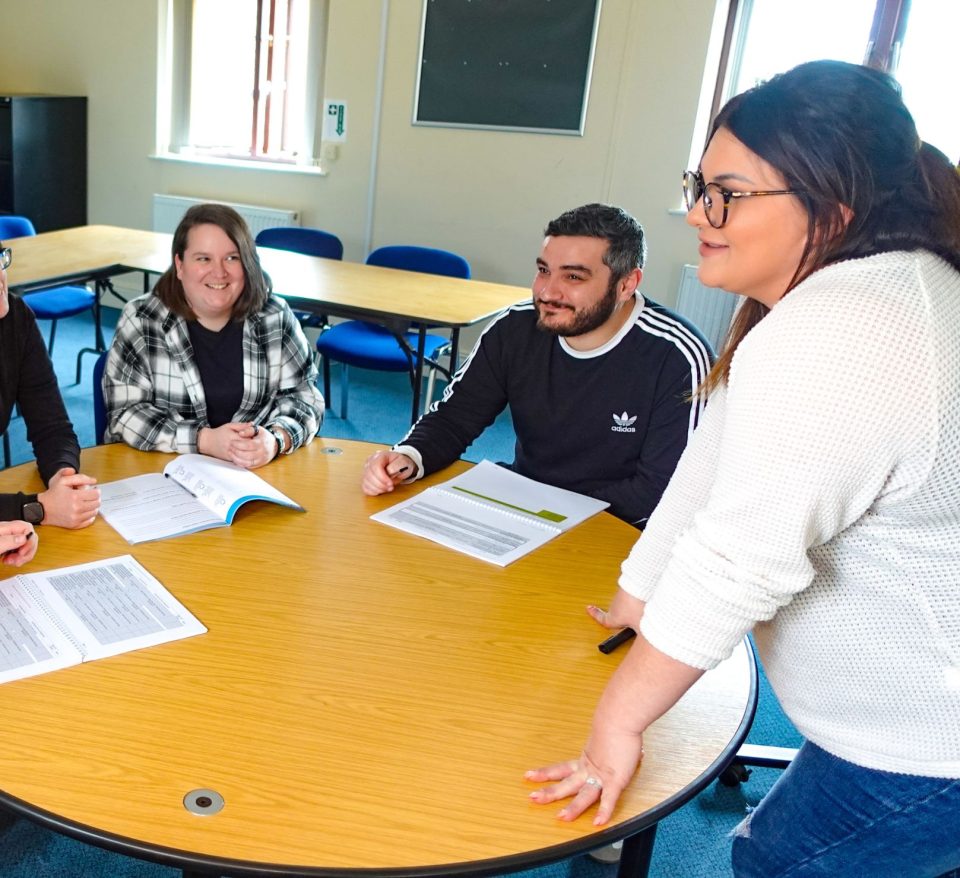
Q: How do feedback and continuous improvement play into your strategy?
A: Feedback from the people we support, their families, our teams, and healthcare professionals is crucial for our continuous improvement efforts. It helps us understand, maintain, and enhance our quality of service. We are committed to delivering the best quality support and ensuring the health and well-being of our colleagues and the people we support. Our strategic use of PBS plans and Radar Healthcare, along with a culture of safety and support, underscores our commitment to safeguarding welfare and enhancing lives.
Q: What’s the key takeaway from your experience with PBS and health and safety improvements?
A: The key takeaway is that a strategic, data-driven approach to Positive Behaviour Support, combined with the strategic use of technology like Radar Healthcare, can significantly reduce incidents of challenging behaviour, enhance the quality of life for individuals, and create safer, more positive environments. Our success in reducing restrictive practices further demonstrates our dedication to ethical care, dignity, and respect. Our efforts are a testament to the transformative power of focused interventions and the importance of a culture that prioritises continuous improvement and safety.
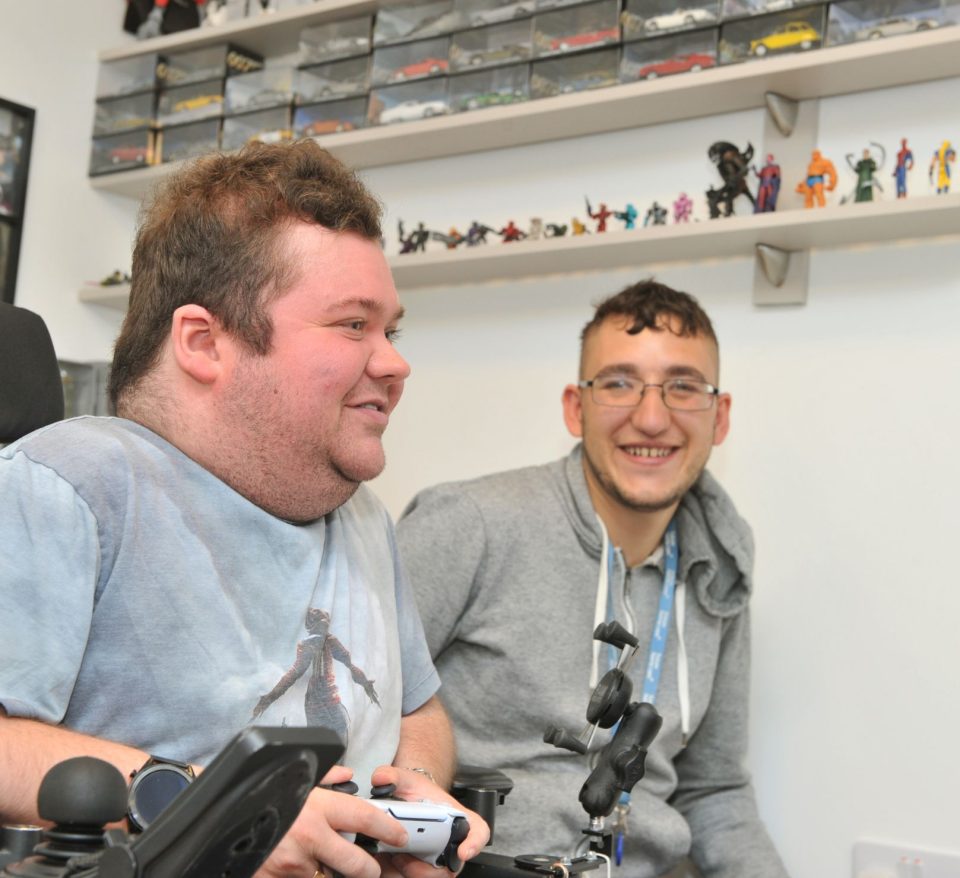
Summary
The transformative power of Positive Behaviour Support (PBS) alongside advanced technological solutions like Radar Healthcare is evident in Lifeways Group’s journey towards enhancing health and safety. Through a strategic, data-driven approach and a commitment to person-centered care, Lifeways has not only reduced incidents but also fostered safer and more positive environments. Their dedication to continuous improvement, ethical care, and dignity serves as a beacon for the industry, highlighting the profound impact of focused interventions and a culture that prioritises the well-being of all involved.






